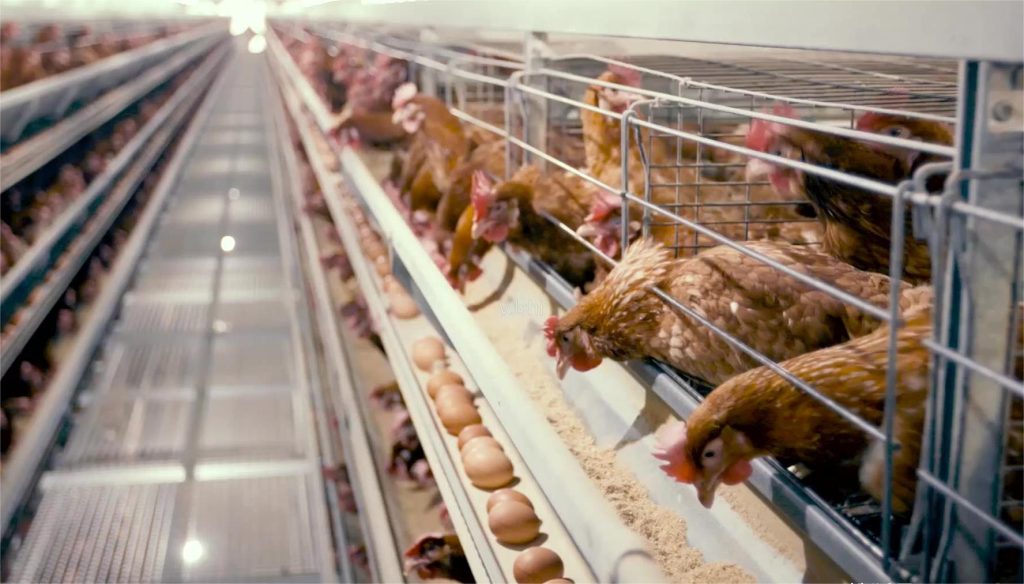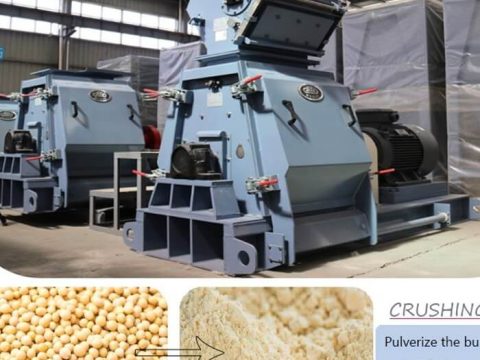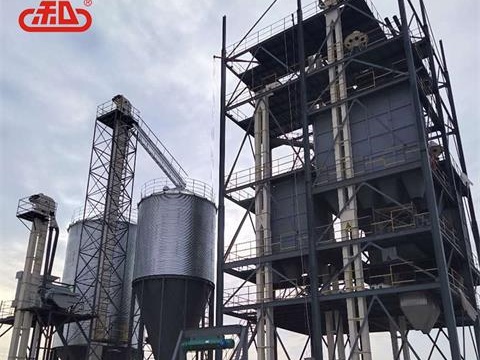Here are some precautions you can take to keep your laying hens healthy and productive:
Provide a clean and comfortable coop. The coop should be well-ventilated, but not drafty. It should be dry and free of pests. The floor should be covered with a layer of bedding, such as straw or wood shavings, that you should change regularly.
Give your hens a balanced diet. Laying hens need a diet that is high in protein and calcium. You can feed them a commercial laying hen feed, or you can make your own feed by mixing together grains, legumes, and vegetables.
Provide fresh water at all times. Laying hens need to drink plenty of water, especially in hot weather. Make sure their water is clean and fresh.
Give your hens plenty of space to roam. Laying hens need to exercise in order to stay healthy. Provide them with a large outdoor space where they can scratch and peck.
Keep your hens healthy. Vaccinate your hens against common poultry diseases, and keep an eye out for signs of illness. If you see any signs of illness, contact your veterinarian immediately.
Handle your hens gently. Laying hens are prey animals, and they can be easily startled or frightened. Handle them gently and calmly.
By following these precautions, you can help your laying hens live long, healthy, and productive lives.
Here are some additional tips for raising laying hens:
Start with healthy hens. When you buy your hens, make sure they are from a reputable breeder and that they are free of diseases.
Quarantine new hens. When you bring new hens home, quarantine them for two weeks before introducing them to your flock. This will help prevent the spread of diseases.
Keep your hens' environment clean. A clean environment helps to prevent the spread of diseases. Clean the coop and run regularly, and remove any dead or diseased birds immediately.
Provide your hens with plenty of food and water. Laying hens need a diet that is high in protein and calcium. They also need access to fresh, clean water at all times.
Monitor your hens' health. Keep an eye out for signs of illness, such as weight loss, decreased egg production, or changes in behavior. If you notice any of these signs, contact your veterinarian immediately.
Enjoy your hens! Raising laying hens can be a rewarding experience. Hens are friendly and social animals, and they can provide you with years of enjoyment.


After purchasing a good feed grinder, if it is not used correctly, it will not only shorten the service life of the feed grinder, but also affect the work efficiency, resulting in half the result with twice the effort.

14 containers, for a period of one week, double 520 pellet Feed Production Line, loading and shipping in the factory area.